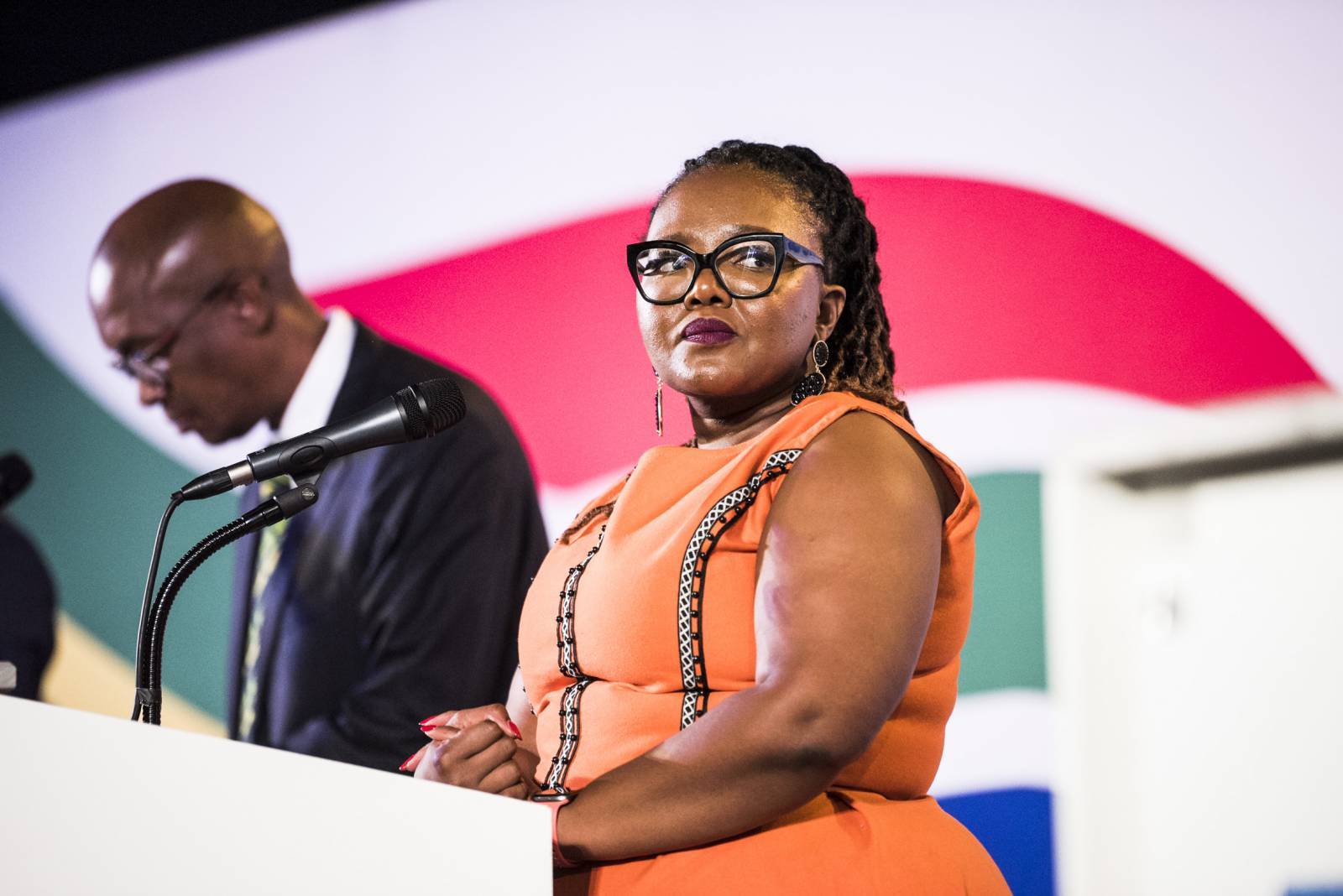United States and South Korean negotiators on Sunday struggled to seal a major trade deal with a deadline just hours away and neither side daring to predict the outcome.
They face a 4pm GMT deadline — noon in Washington and 1am on Monday in Seoul — to reach what would be the largest US trade pact in 15 years.
”This is the day when both sides put their bottom line on the table … we’re down to the wire,” US Trade Representative spokesperson Stephen Norton said in Seoul where the final round of talks have been taking place for the past week.
But he added: ”There’s still a very willing spirit [to conclude a deal].”
One protester against the proposed free-trade agreement set fire to himself near the central Seoul hotel where the talks have been going on.
A hospital official said the man, identified only by his family name Huh, was in serious condition with third-degree burns.
South Korean officials have said the most contentious issues were agriculture, including beef and oranges, autos and textiles.
”We’re doing our best until the very end,” a South Korean negotiator said during a break from the talks. ”But we don’t know if this will be the end or not.” He declined to elaborate.
In the past few days, US leaders have been loudly pressing their demands that South Korea open its tightly protected market to beef and vehicles.
South Korea used to be a major market for US beef until it was banned over health concerns. The issue is not strictly part of the negotiations but has become closely linked.
Some estimates say an agreement could add $20-billion to the already more than $70 billion two-way trade each year.
Fast track
But the two need to reach an agreement while the White House still has the right, under fast-track trade legislation, to negotiate trade pacts that Congress may approve or reject but cannot alter.
To miss the deadline would be likely to mean talks dragging on for years, unless the White House was able to persuade a reluctant, Democrat-controlled Congress to extend the authority.
Negotiators had looked on the verge of signing after presidents George Bush and Roh Moo-hyun agreed on Thursday to instruct their negotiators to be as flexible as possible.
About nine months of talks have been shadowed by large and sometimes violent protests in South Korea, mostly over fears that its heavily subsidised farmers could not survive a flood of cheaper US farm products.
Farmers say opening up their market would cost them billions of dollars and tens of thousands of jobs.
On autos, officials say Washington’s demands to change South Korea’s tax structure to remove discrimination against its cars would have a much wider impact and could cost the government billions of dollars in lost revenue.
The US also wants greater access to South Korea’s lucrative financial services, including insurance.
Seoul is pressing Washington to change anti-dumping laws it says are unfairly applied to its products. – Reuters


